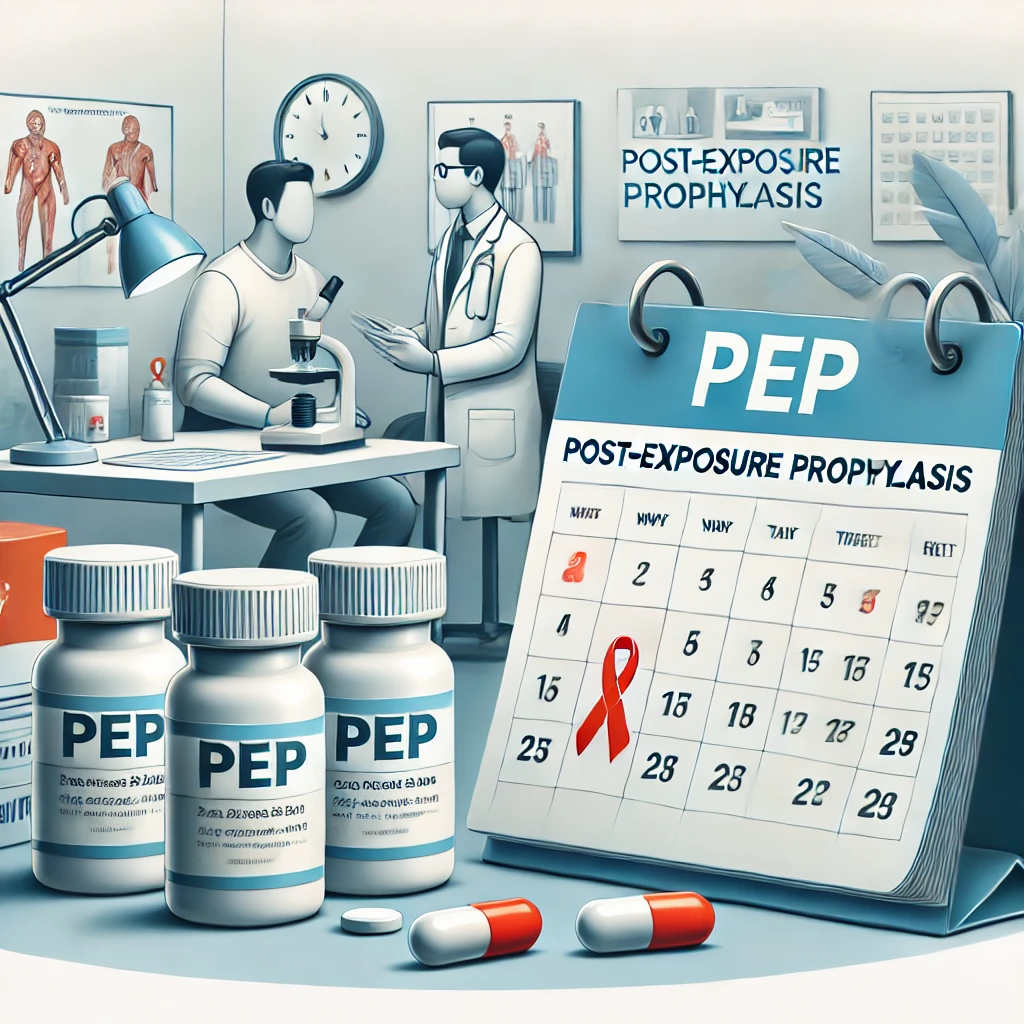Yes, a pregnant woman can take Post-Exposure Prophylaxis (PEP) if she has been exposed to the risk of HIV infection. PEP is a medical treatment involving a combination of antiretroviral drugs designed to prevent HIV infection after potential exposure. The decision to administer PEP to a pregnant woman depends on weighing the benefits of preventing HIV transmission against any potential risks to the mother and the unborn child.
Why PEP May Be Necessary for Pregnant Women
Pregnant women can be exposed to HIV in various ways, such as:
- Unprotected sexual intercourse with an HIV-positive partner or a partner whose HIV status is unknown.
- Occupational exposure (for healthcare workers).
- Sexual assault or other non-consensual encounters.
When exposure occurs, immediate action is critical to prevent HIV transmission. PEP must be started within 72 hours of exposure and taken for 28 days to be effective.
Is PEP Safe During Pregnancy?
PEP is generally considered safe during pregnancy. The antiretroviral drugs used in PEP are the same or similar to those used to prevent mother-to-child transmission of HIV in HIV-positive pregnant women. However:
- The specific drugs prescribed in the PEP regimen may be adjusted to minimize any potential risks to the fetus.
- Close monitoring by a healthcare provider is essential to ensure that both the mother and baby remain healthy.
Key Considerations for Pregnant Women Taking PEP
- Consult a Doctor Immediately: A pregnant woman should consult a healthcare professional before starting PEP to ensure the regimen is appropriate.
- Timely Initiation: PEP is most effective when started as soon as possible after exposure, ideally within 2 hours, and no later than 72 hours.
- Adherence to Treatment: The full 28-day course of PEP must be completed to maximize its effectiveness.
- Monitoring: Regular follow-ups with a healthcare provider are essential to monitor the mother and fetus for any side effects or complications
Potential Side Effects of PEP
Pregnant women taking PEP may experience mild to moderate side effects, including:
- Nausea
- Fatigue
- Diarrhea
- Headaches While these side effects can be managed, any severe reactions should be reported to a healthcare provider immediately.
The Importance of Prevention
Taking PEP does not guarantee 100% prevention of HIV, so pregnant women should take preventive measures in the future, including:
- Consistent condom use.
- Regular HIV testing during antenatal visits.
- Avoiding sharing needles or other sharp instruments.
By taking PEP and adhering to medical advice, pregnant women can significantly reduce the risk of HIV transmission to themselves and their babies.



